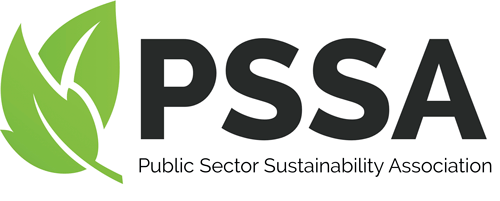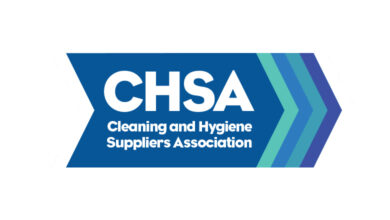Schools, a council, sixth form colleges and healthcare sites see water-savings and cost reductions – as Water Plus engages sites, in large-scale project

Running costs have been cut across a wide range of public sector sites, giving a boost to budgets, in a large-scale approach – involving more than 2,000 sites.
Academies and Sixth Form Colleges are now saving water – alongside primary and secondary schools – with tap flow rates dropped, which also saves energy due to cutting hot water use. It’s thought to be the largest water-saving project, of its kind, seen – setting standards in the industry.
GPs, medical centres, dentists, a parish council, a community health partnership, a university site, nurseries and community centres are also seeing lower utility costs, due to needing less water.
Insight and data was used to identify sites that could see the biggest benefits, including the education and healthcare sectors, with business water retailer Water Plus contacting them, in the engagement and awareness raising approach to increase water-saving – and reduce impacts on the environment.
Each site taking part had a free water audit and water-saving kit installed on taps, with any leaks identified in the checks at the buildings being isolated, or repaired.
The project was funded by United Utilities, the water company for the North West.
Overall, more than 1,200 businesses are saving water in the project, alongside public sector sites that include:
- 13,294 litres of water are being saved across 31 schools, it’s estimated, after they had visits between 8th August 2024 and November 1st 2024.
- Across another 21 schools, which had water-saving devices fitted, there is an 8,736 litres of estimated water saving, per day (dates of visits: 17th July to 28th October 2024).
- For one primary school visited, there’s 1,205 litres of water, a day, estimated saving – and for another primary, it’s 2,283 litres of water, a day, estimated saving – from reduction in water use through efficiency devices installed.
- Visits found 33 water leaks at one primary school and 24 water leaks at one other primary school. At another there were 19 water leaks with 12 water leaks and six water leaks found at two other primary schools. These mean 11,415 litres of water is estimated to be saved.
- Across 29 schools visited, there were 168 leaks from taps, or from toilets – with 303 leaks found and stopped, in total – at the 29 locations, between 17th July and 28th October 2024.
- A medical centre visited had 18 leaks, with an estimated 504 litres a day water loss, which have been stopped.
Scott MacIndeor, who heads up the technical water efficiencies team at business water retailer Water Plus, said: “It’s been brilliant to be involved in this, drawing on our experience in this area with public sector organisations – and to see how approaches to these sites, through our customer engagement, are delivering such great benefits, increasing efficiencies, cutting running costs and stopping leaks across customer locations.”
Water is in Scope 3, for carbon emissions, so increasing water efficiency also helps with decarbonisation targets and progress towards Net Zero in the public sector.
Alice Denholm, Water efficiency delivery manager at United Utilities, said: “This was an ambitious programme and it is fantastic to see the significant uptake and positive results. It shows the value of close work and collaboration, alongside customer-focused communication to engage, raise awareness and, ultimately, increase water efficiency and stop unnecessary water loss across a range of locations.”
So far, across 1,500 locations, 180,160 litres of water a-day – equal to 720,640 cups of tea, holding 250ml each – is being saved, estimated from water audits that took flow rates at each site on taps and showers and located leaks that have now been stopped.
A saving of more than 900,000 litres of water would be seen in a week – equal to 3.6 million cups of tea, holding 250ml each – in estimated use.
It’d cut more than £2,700, in a week, off water bill costs.*
Schools involved in the project were also provided with further water-saving information and invited by Water Plus to a webinar, to learn more about steps to take to reduce water use and cut energy use.
The sites are in Greater Manchester, Cheshire and Lancashire – and Merseyside.
Additional note:
*based on wholesaler water cost per cubic metre of water.





